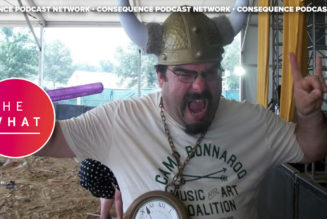
Music consultant and co-founder, of MBB Distro, Kizito Efeotor, popularly known in the African music space as, Oga Kizito, has spoken on the state of music development programs in Africa and how the lack of it, stiffens the growth of emerging African artists, creatives within the industry, and the future of Africa music at large.
Simply put, music development programs are programs set up mainly to educate artists, creatives and other professionals in music, on how to develop their craft and skills necessary to build a professional career in the music industry. This includes vocal training, songwriting, image and branding, music and video production, live performance, marketing and social media and so on.
For Oga Kizito, although Afrobeat and African music is currently the new rave in the global music scene, he is vehemently of the opinion that, just as how quickly the surge and demand for African music has risen, so also will its imminent decline in the nearest future, if more music development programs are not put in place to tackle the deficiencies of emerging African based artists and professionals, and the music they put out.
Furthermore, he explains that, many artists and creatives come into the music scene not just for the love of it, but as a means to earn a living, and if one considers music as a business they wish to earn from, it is fitting that they must also learn the business, and all that encompasses it. This is why artists development programs is a key factor and a non negotiable necessity for the future of African music.
It is no secret that established artists quite recently, have suffered a lot of backlash from well meaning fans and music pundits, and when the baseline of these backlash are keenly observed, one will notice they tend towards the fall short of quality and creativity in the music, which largely boils down to artist development issues.
In his closing remarks, Oga Kizito, goes on to laud Mr Eazi’s empawa program, as well as Music business academy for Africa, and wishes more music stakeholders look into this growing concern. There is a necessary need for music development programs, and all hands must be on deck to pivot the future of African music towards the right path, but if this growing concern is downplayed and overlooked, African music has a lot to lose than gain.









